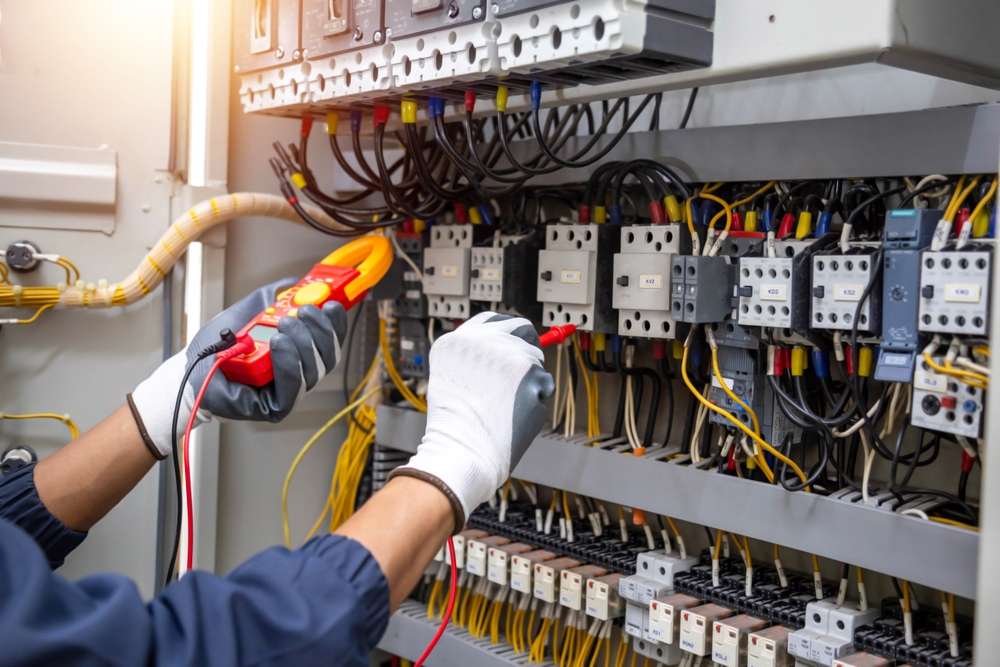Home Power Backup: Safeguarding Against Blackouts
Discover how home power backup systems can protect your household during unexpected outages. From preserving food to maintaining essential medical equipment, learn why investing in a backup generator is crucial for modern homeowners. Explore the benefits, costs, and maintenance requirements of these vital systems to ensure your family's comfort and safety when the grid fails.

A home power backup system serves as a crucial link between your residence and electrical supply during blackouts. These systems integrate seamlessly with your home’s existing electrical infrastructure through a specialized transfer switch. This intelligent component performs two vital functions: it disconnects your home from the main power grid during outages, preventing potentially dangerous backfeeding, and it automatically restores grid connection once power is reinstated. This process not only ensures your safety but also protects utility workers who may be repairing power lines.
Why Should You Consider a Home Power Backup System?
Investing in a home power backup system offers numerous advantages:
-
Uninterrupted Power: Keep critical appliances like refrigerators and medical devices operational during outages.
-
Enhanced Security: Maintain functionality of alarm systems, lighting, and communication devices to protect your family.
-
Climate Control: Ensure heating and cooling systems continue to run, preserving comfort in extreme weather conditions.
-
Asset Protection: Prevent costly damages such as food spoilage or burst pipes due to system failures.
-
Stress Reduction: Enjoy peace of mind knowing you’re prepared for unexpected power disruptions.
Determining the Appropriate System Size
Selecting the right-sized backup system depends on several key factors:
-
Critical Load Assessment: Identify and list essential appliances and systems that must remain operational during an outage.
-
Power Consumption Calculation: Sum up the wattage requirements of your critical loads to determine minimum system capacity.
-
Property Dimensions: Larger homes typically require more robust backup systems to meet energy demands.
-
Fuel Preference: Consider whether natural gas, propane, or diesel aligns best with your needs and local availability.
-
Financial Considerations: Balance your power requirements with budget constraints, as larger systems come at a premium.
For accurate sizing and personalized recommendations, it’s advisable to consult with a certified electrician or backup power specialist.
Understanding the Cost of Home Power Backup Systems
The price range for home power backup systems varies significantly based on capacity, fuel type, and installation complexity:
| System Type | Power Output | Estimated Price Range |
|---|---|---|
| Mobile Units | 3-8.5 kW | $400 - $1,500 |
| Residential Standby | 7-20 kW | $2,000 - $6,000 |
| Comprehensive Home Coverage | 22-45 kW | $10,000 - $20,000+ |
Note: Prices are subject to change. Conduct thorough research before making any financial commitments.
Remember that these figures typically exclude installation fees, which can range from $500 for portable units to over $5,000 for whole-house systems. Additionally, factor in ongoing maintenance and fuel expenses when budgeting for a home power backup solution.
Ensuring Reliable Performance Through Proper Maintenance
To maximize the reliability of your home power backup system, adhere to these essential maintenance practices:
-
Regular Operation: Activate your system monthly for approximately 30 minutes to keep components in good working order and identify potential issues.
-
Fuel Management: For portable systems, use fresh fuel and incorporate stabilizers for extended storage. With standby units, routinely inspect fuel lines and connections.
-
Timely Oil Changes: Replace oil as per manufacturer guidelines, typically after 50-60 hours of operation or annually, whichever comes first.
-
Air Filter Care: Clean or replace air filters regularly to maintain optimal system efficiency.
-
Battery Upkeep: Keep batteries charged and clean, replacing them every 2-3 years or as recommended by the manufacturer.
-
Professional Servicing: Schedule yearly inspections and maintenance with qualified technicians to ensure all components function correctly.
Adhering to these maintenance protocols will help ensure your home power backup system is ready to perform when you need it most.
In conclusion, a home power backup system is an invaluable investment in your household’s safety, comfort, and resilience during electrical outages. By understanding system operations, selecting an appropriate size, budgeting accurately, and maintaining your equipment diligently, you can face unexpected power interruptions with confidence. Whether confronted with severe weather events, grid failures, or other emergencies, a well-maintained home power backup system will keep your essential systems operational and your family protected until normal power service is restored.





